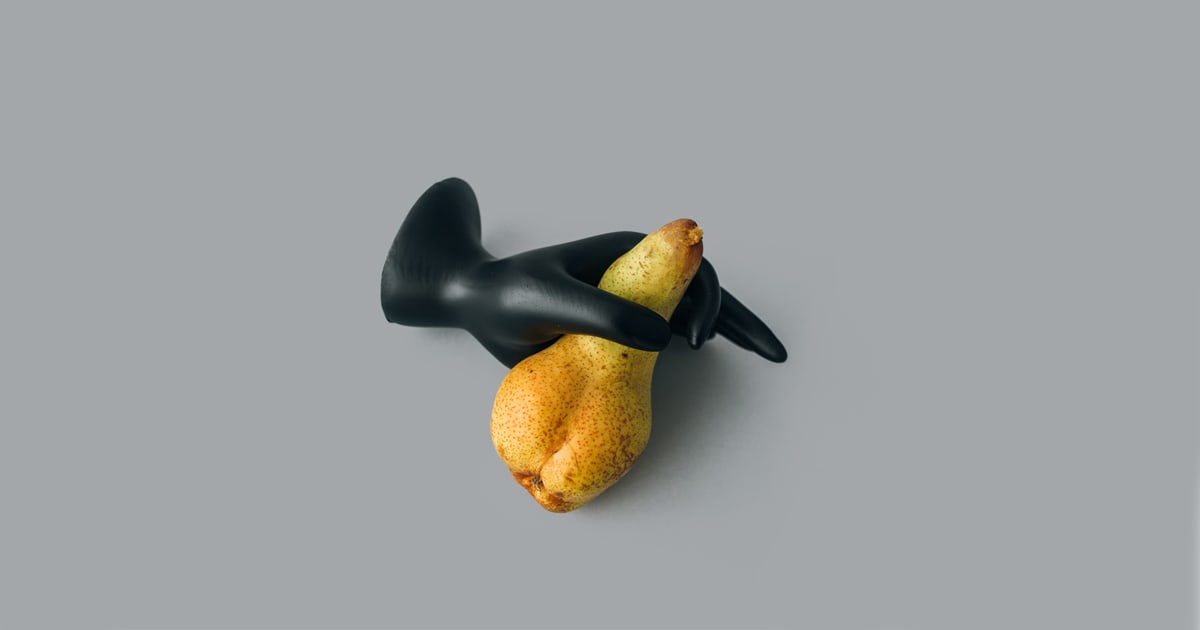Sex addiction: is it like, for real, for real?

I’ve been called a sex addict by former partners trying to stamp out my goddess flame—‘cause it scared them. As far as I’m concerned, the term was profoundly misused.
To be clear, I think it usually is. But there tends to be a lot of controversy among professionals and self-identified sex addicts alike as to the nature, and indeed, the very existence of sex addiction. Is it a thing, or a convenient construct?
A convenient double standard?
There are not many studies about sex addiction available, but evidence suggests that 3 to 6% of people in the US have a sexual addiction, and that, 80 to 85% of them are men. Men also seem to seek treatment at a much higher rate. Given these stats, it’s hard not to take note of the fact that when a celebrity or politician (almost always a man) is caught cheating or is arrested on charges of sexual misconduct or solicitation, sex addiction is a typical go-to narrative. Understandably, some wonder if it isn’t just an excuse for bad behaviour.

On the flip side, I have found that the same term, so often used to explain away male behaviour, can be used to pigeonhole women, imposing guilt for being too sexual, such as in the case of Spike Lee’s episodic remaking of She’s Gotta Have It, in which his fiercely empowered black feminist protagonist declares “I’m not a freak, I’m not a sex addict and I’m damn sure nobody’s property.” Her male lovers are making her feel she is each of these things, in turn. Shame surrounds women’s sexuality in ways that it doesn’t male sexuality. Only women are sluts. Shame is a powerful weapon against the power of a woman’s sexual prowess.
The fact that most sex addicts are men is further confused by the fact that we live in a culture where destructive hyper “masculinity” among men is encouraged, and that many men feel pressured to act in certain “hypersexual” ways, even if their behaviours are not true to their actual desires. It's also worth pointing out that gay or bisexual men are three times more likely to be diagnosed as sex addicts than heterosexual men, according to David Ley, a clinical psychologist based in New Mexico and the author of The Myth of Sex Addiction. Add to this the fact that “hypersexuality” is discouraged in women, and voila, you get an explanation for the deeply skewed sex addiction statistics that falsely show men as more sexually hungry.
But is it an addiction, you know, scientifically?
Because neither sex addiction nor hypersexuality appears in the Diagnostic and Statistical Manual of Mental Disorders (DSM-5), some claim that neither is real. But many people who do identify as sex addicts or as having hypersexual disorder (and the people who treat them) don’t see it that way, and their experiences can’t be discounted.
According to the behavioural criteria that define substance use disorders or addictive behaviours like gambling, addictive behaviours must recur over a specific time period and reveal a pattern. Self-identified sex addicts insist that sexual behaviour or thinking about sex dominates their lives, consequently affecting and altering their moods. It also tends to take them more time and effort to reach pleasure or release. They struggle with controlling or reducing their sexual impulses, no matter how uncouth or “risky” they are deemed, and sexual behaviour becomes the centre of their universe.
The problem is, and this is where the whole debate comes in, the entire concept of sex addiction is based on value judgments, such as how much sex is excessive, and what type of sexual behaviours a person should feel are somehow out of line. Among self-identified or diagnosed sex addicts, these behaviours tend to include heightened/frequent sexual activity, masturbation, watching porn, having multiple partners, cheating, engaging in sexual risk-taking, visiting strip clubs, and having cybersex. Most, if not all, of these behaviours are highly ambiguous, subjective, and open to a variety of interpretations and opinions. After all, one woman’s prudishness is another woman’s rampage. Not to mention, lumping all of these behaviours together makes no sense.

Doug Braun Harvey along with thousands of other members of the American Association of Sexuality Educators, Counselors, and Therapists (AASECT), issued a statement in 2016 denouncing the diagnoses of sex and porn addiction. "From a scientific perspective," the statement read, "sex addiction is not real.” Harvey and others point out that there's nothing in the scientific literature to suggest that the above-listed “problems” can be neatly categorized as “addiction," and the reductive treatment model ignores the real reasons behind why people are struggling with sexual behaviour. According to Ley, "sex addiction is truly a social phenomenon, not a clinical or medical one.” So—some who say they're addicted to sex may actually have other problems, like wire-crossed desires, issues with intimacy, or a substance abuse problem that affects their sexual behaviour in ways that don’t feel okay to them.
In studies of sex addicts that test neural responses to sexual stimuli, researchers have found that brain activity stays more or less the same as that of non-sex-addicts, whereas in previous research of drug addicts' brains, heroin users exhibit an increased neural response to images associated with the drug. Other research has suggested that sex addiction is a behavioural addiction like gambling, rather than chemical one like alcoholism. Both types affect the brain similarly, though less directly with behaviours than substances.
One argument against the reality of sex addiction is that people can die of substance abuse or associated withdrawal. But no one’s ever died for wanting sex or having too much of it (I should know!) Sorry—couldn’t resist. Also, substances introduce a foreign chemical into the brain, one that imitates dopamine, while sex doesn’t. Typically, the more you consume a substance, the higher the dose you need to feel an effect, and this doesn't happen with sex either. No matter how many orgasms you have, they always feel good, so they say. So by this logic, sex isn't addictive. Also, there’s the fact that having lots of sex is good for you.

Bottom line
Any meaningful research on the reality of sex addiction has to first address the dynamics created by gender politics that are constantly shaping society as we know it. People of any gender who feel their sexual experiences and compulsions are out of hand or destructive should be able to find the support they need to get to the root of their problems, no matter what that looks like, and people of any gender should also be able to honour their sexual desires without the concept of sex addiction being used as a tool to police them in one direction or another. Know what I’m saying?



